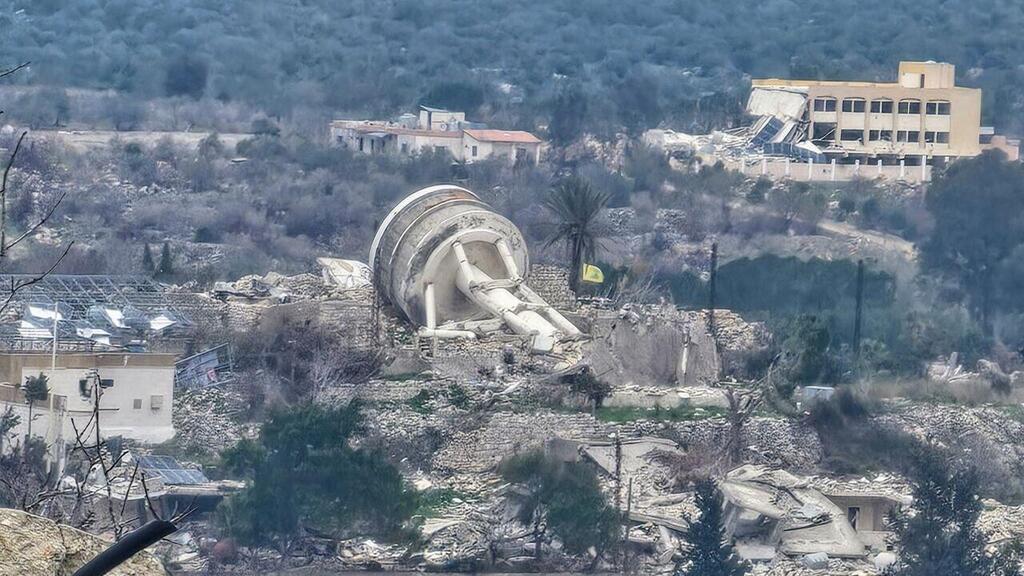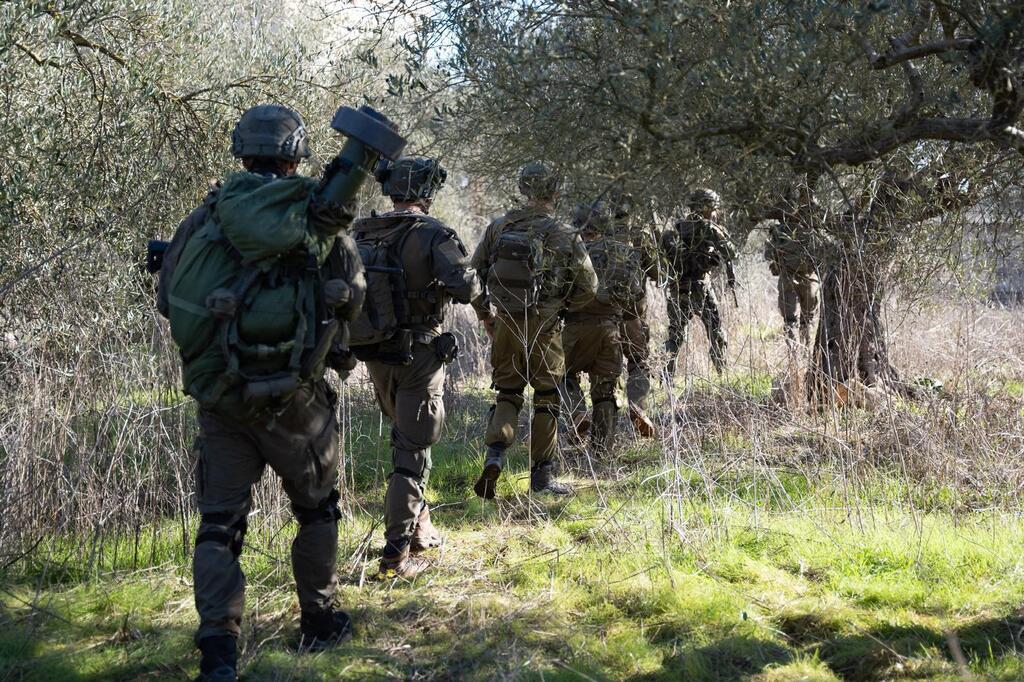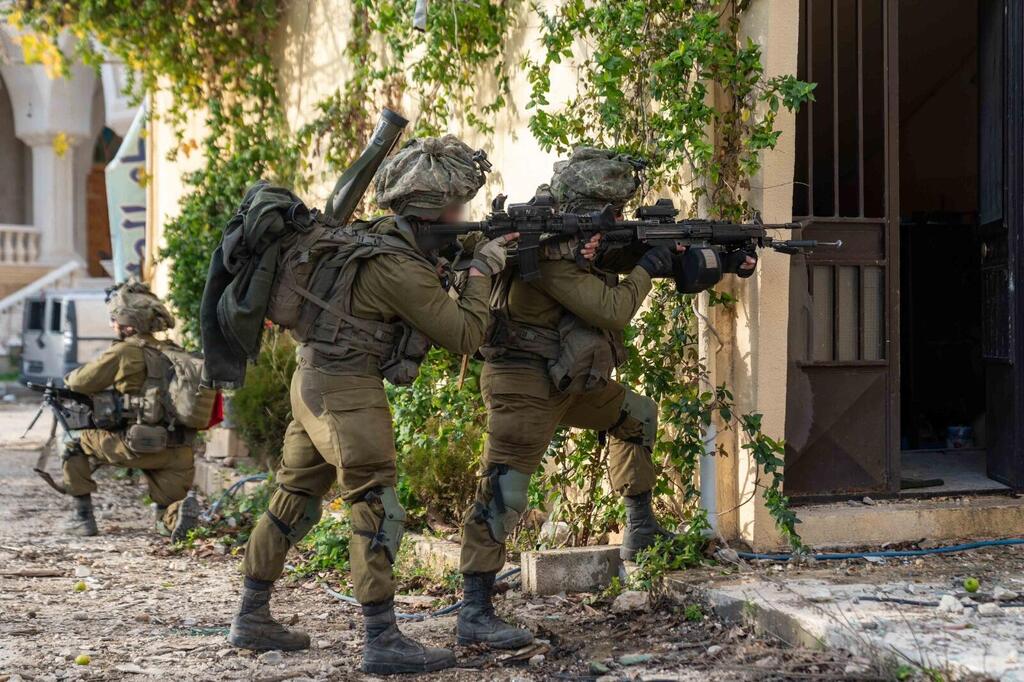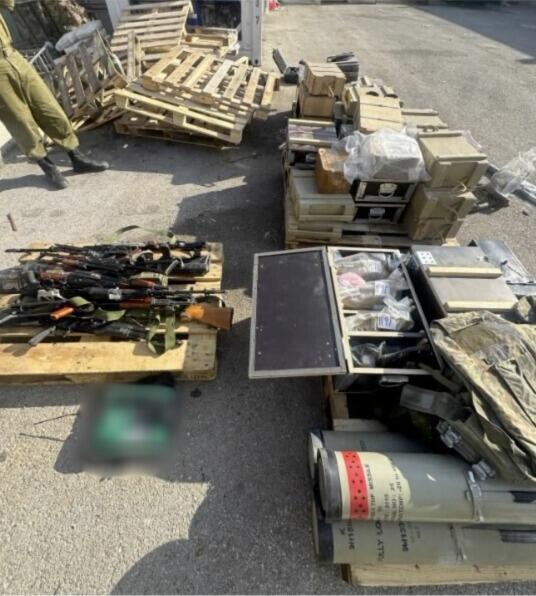The head of military intelligence in southern Lebanon, Suhil Bahij Gharb, leaked secrets to Hezbollah during the cease-fire agreement with Israel, the British newspaper, The Times, reported on Monday. The report stated that "sensitive information" was leaked to the terrorist organization from a security control room managed by the United States, France, and the UN peacekeeping force (UNIFIL).
The Times indicated that the information passed by Gharb to Hezbollah jeopardized the cease-fire, which was achieved after more than a year of efforts. According to an international intelligence report obtained by the newspaper, Gharb is just one of dozens of officers in the Lebanese army who leaked information to Hezbollah terrorists, warning them of planned raids or patrols. These leaks allowed Hezbollah to hide weapons and evade exposure.
According to an intelligence document obtained by The Times, "Hezbollah is using internal and sensitive information regarding the Lebanese army to conceal its operations from international bodies tasked with regional security." The document also raised concerns about the Lebanese army's ability to effectively control southern Lebanon, where Hezbollah has been building its military and political power for years.
Israeli security officials stated that, while the Lebanese army "does its job" and has confiscated some weapon stockpiles in areas vacated by Israeli forces, the leaks from its officers enabled Hezbollah terrorists and their weapons to remain near the Israeli border.
Gharb, a Shiite Muslim residing in southern Lebanon, was present in the international operations room due to the insistence of Wafiq Safa, a senior Hezbollah commander who survived an Israeli assassination attempt in Beirut last October.
In an interview with The Times, Hilal Khashan, a professor of political science at the American University of Beirut, noted that Hezbollah’s survival does not depend on maintaining a military presence in southern Lebanon but rather on preserving the political power it has accumulated in recent years. He also pointed out that, as Israel has previously stated, given that Hezbollah terrorists in the southern region are essentially Shiite residents of villages near the border, completely eliminating the presence of the terrorist organization south of the Litani River would be challenging.
Get the Ynetnews app on your smartphone: Google Play: https://bit.ly/4eJ37pE | Apple App Store: https://bit.ly/3ZL7iNv
On Sunday night, the White House announced, minutes before midnight, that the cease-fire agreement between Israel and Lebanon has been extended until February 18. The U.S. announcement came as the IDF had not yet withdrawn from southern Lebanon, and in the shadow of the riots there Sunday, in which crowds of Lebanese people rioted, most acting on behalf of Hezbollah, causing disturbances. IDF troops fired warning shots at many of them, and according to data from the Lebanese Ministry of Health, 22 people were killed.
The White House’s announcement, which implies the IDF will be required to withdraw from Lebanon in about three weeks, also mentioned that Israel and the U.S. will begin negotiations to return Lebanese terrorists captured during IDF’s ground operations in southern Lebanon. The Lebanese prime minister confirmed that his country would comply with the extended cease-fire and added that Beirut had submitted the request for the release of Lebanese detainees captured by Israeli troops.
The Lebanese newspaper Al-Akhbar, which serves as a mouthpiece for Hezbollah, reported this morning that "the Lebanese army has begun redeploying in Aitaroun, Mis al-Jabal, and Houla" in southern Lebanon.
Earlier, the newspaper reported that Hezbollah rejects the agreements reached between Israel, Lebanon, and the U.S. Official sources told the newspaper that the terrorist organization is unwilling to enter any new negotiations and that the mediators must compel "the enemy" to implement the agreement. According to Al-Akhbar, "What was yesterday will continue today with the masses. The people will not wait for approval. What happens today could be a turning point in the confrontation. More people might be killed, but the people's decision is to persist."






